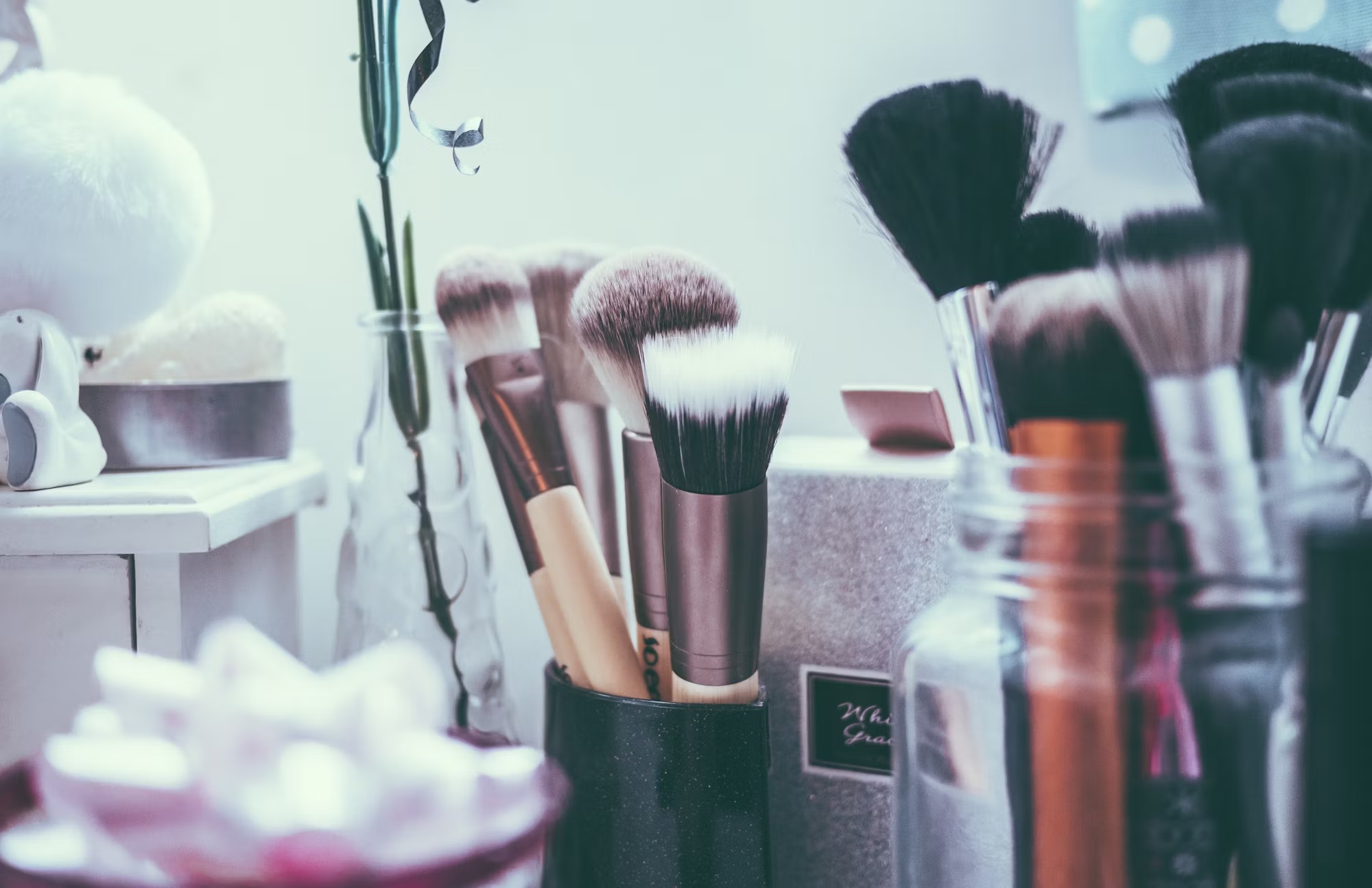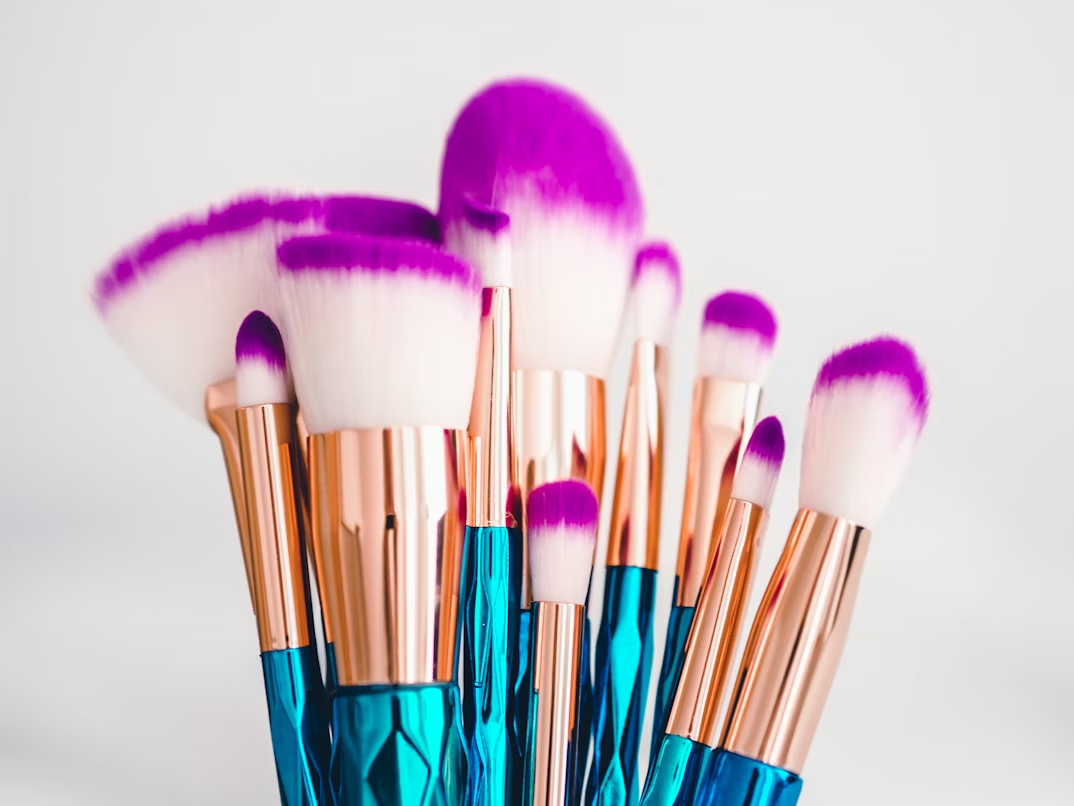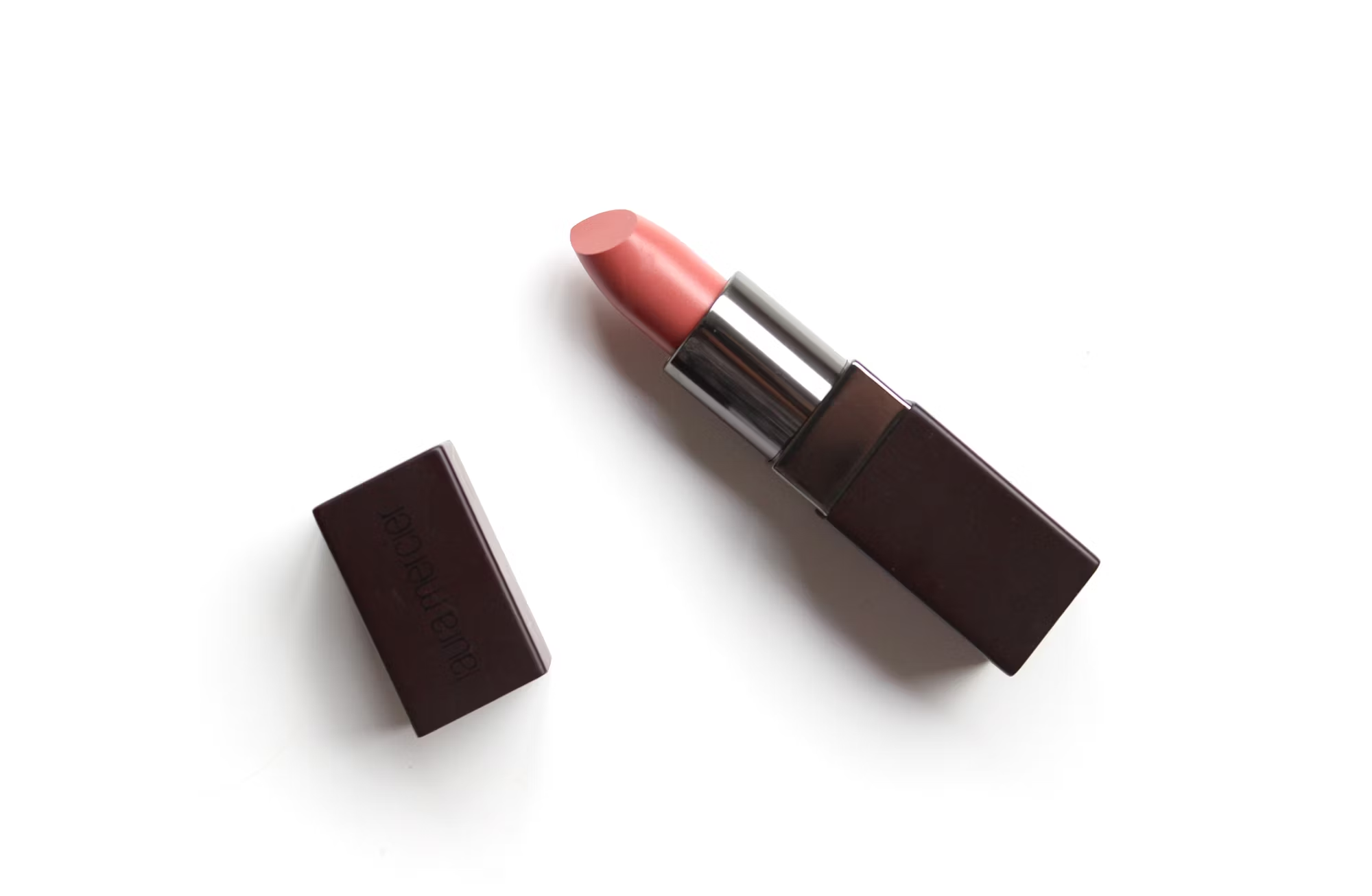
Natural Face Masks At Home
Transform your skincare routine with these easy-to-make natural face masks using ingredients from your kitchen! These DIY treatments are not only cost-effective but also free from harsh chemicals, making them perfect for all skin types. From hydrating honey masks to exfoliating oatmeal scrubs, discover the power of natural ingredients for glowing, healthy skin.
The Benefits of Natural Face Masks
Creating your own face masks at home allows you to customize treatments based on your specific skin needs. Whether you're dealing with acne, dryness, or aging concerns, there's a natural solution that can help. The best part is that these masks use fresh ingredients that are gentle on your skin while providing powerful nutrients and antioxidants.
1. Hydrating Honey and Avocado Mask
This luxurious mask combines the moisturizing properties of honey with the nourishing benefits of avocado. Mix 2 tablespoons of raw honey with half a mashed avocado and apply to clean skin. Leave on for 15-20 minutes before rinsing with warm water. This mask is perfect for dry or dehydrated skin, providing deep hydration and a natural glow.
2. Exfoliating Oatmeal and Yogurt Scrub
For gentle exfoliation and brightening, combine 2 tablespoons of ground oatmeal with 3 tablespoons of plain yogurt. Add a teaspoon of honey for extra moisture and mix well. Gently massage onto your face in circular motions, then leave on for 10-15 minutes before rinsing. This mask is ideal for sensitive skin and helps remove dead skin cells while soothing irritation.
3. Acne-Fighting Turmeric and Honey Mask
Turmeric's anti-inflammatory properties make it excellent for acne-prone skin. Mix 1 teaspoon of turmeric powder with 2 tablespoons of honey and a few drops of lemon juice. Apply to clean skin and leave on for 10-15 minutes. Be careful with turmeric as it can temporarily stain skin - always do a patch test first and use a gentle cleanser afterward.
4. Brightening Lemon and Sugar Scrub
This refreshing mask helps brighten dull skin and reduce dark spots. Mix 2 tablespoons of sugar with the juice of half a lemon and 1 tablespoon of olive oil. Gently massage onto your face for 2-3 minutes, then leave on for another 10 minutes before rinsing. The vitamin C in lemon helps brighten skin, while sugar provides gentle exfoliation.
5. Soothing Cucumber and Aloe Vera Mask
Perfect for sensitive or irritated skin, this cooling mask combines cucumber's hydrating properties with aloe vera's soothing benefits. Blend half a cucumber with 2 tablespoons of aloe vera gel and apply to your face. Leave on for 15-20 minutes before rinsing with cool water. This mask is especially beneficial after sun exposure or for calming inflamed skin.
Skin Type-Specific Recipes
Different skin types require different approaches to masking. Oily skin benefits from clay-based masks with ingredients like bentonite clay and apple cider vinegar, while dry skin needs rich, hydrating ingredients like avocado and coconut oil. Combination skin can benefit from multi-ingredient masks that address different areas of the face.
Essential Ingredients for Your DIY Arsenal
Building a collection of natural ingredients for face masks is easier than you might think. Honey is antibacterial and moisturizing, while yogurt contains lactic acid for gentle exfoliation. Oatmeal soothes and exfoliates, and turmeric has powerful anti-inflammatory properties. Avocado provides healthy fats and vitamins, while lemon juice offers natural alpha hydroxy acids for brightening.
Application Techniques and Tips
Proper application is key to getting the most from your natural face masks. Always start with clean skin, and consider steaming your face beforehand to open pores. Apply masks in an upward motion, avoiding the delicate eye area. Most masks should be left on for 10-20 minutes, but always follow specific recipe instructions. Remove masks with warm water and follow with your regular skincare routine.
Frequency and Timing
How often you use face masks depends on your skin type and the specific mask. Hydrating masks can be used 2-3 times per week, while exfoliating masks should be limited to once or twice weekly. Always listen to your skin - if you notice irritation or sensitivity, reduce frequency or switch to gentler ingredients.
Storage and Freshness
Natural face masks are best used immediately after preparation to ensure maximum potency and prevent bacterial growth. If you need to store leftovers, keep them refrigerated for no more than 2-3 days. Always check for signs of spoilage before use, and when in doubt, make a fresh batch. This ensures you're getting the full benefits of the natural ingredients.
Combining with Professional Treatments
Natural face masks can complement professional skincare treatments beautifully. They're perfect for maintaining results between professional facials or as part of a comprehensive at-home skincare routine. However, if you're using prescription skincare products, consult with your dermatologist before incorporating new ingredients to avoid potential interactions.
Common Mistakes to Avoid
When making natural face masks, avoid using ingredients that are too harsh for your skin type. Always patch test new ingredients, especially if you have sensitive skin. Don't leave masks on longer than recommended, and never use ingredients you're allergic to. Remember that natural doesn't always mean gentle - some natural ingredients can be quite potent.
Seasonal Adaptations
Your face mask routine can change with the seasons. In winter, focus on hydrating masks with ingredients like honey and avocado to combat dryness. Summer calls for lighter, refreshing masks with cucumber and aloe vera. Spring and fall are perfect times for gentle exfoliation and brightening treatments.
Creating Your Perfect Mask
The beauty of DIY face masks is the ability to customize them for your specific needs. Start with a base ingredient like honey or yogurt, then add targeted ingredients for your skin concerns. Keep a journal of what works best for your skin, and don't be afraid to experiment with different combinations until you find your perfect recipe.
Remember, consistency is key when it comes to skincare. Regular use of natural face masks, combined with a good daily skincare routine, can significantly improve your skin's health and appearance. Start with simple recipes and gradually experiment with more complex combinations as you become comfortable with the process.






